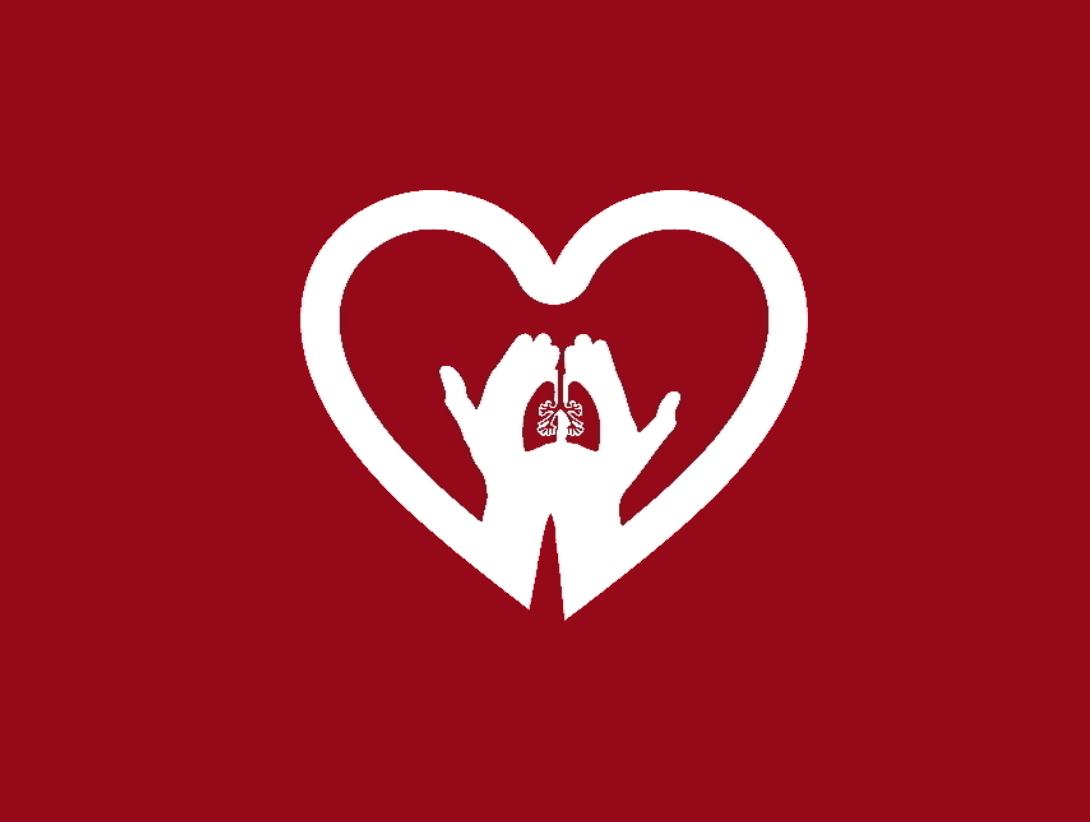Echocardiography critical for shock management, but needs better adherence 🫀
- g&h CritCareEcho

- Aug 19, 2024
- 1 min read
Updated: Oct 9, 2024
Written by: Hannah Conway, National FUSIC® Heart Lead | Blog Editor @ g&h BLOG
Date: 19th August 2024

Credit to authors 👏🏻 Luke Flower et al
🔎 TL;DR: Echocardiography benefits shock management by reducing diagnostic uncertainty and altering treatment in critical care units, but only 25% of scans adhere to national guidelines. Broader implementation and compliance remain challenges.
🫀 Echocardiography was performed on 54% of the 1,015 shock patients within 72 hours.
In 54% of cases, echocardiography reduced diagnostic uncertainty or altered management decisions.
🫀 The tool was notably effective in modifying treatment approaches for obstructive and cardiogenic shock.
🫀 Only 25% of echocardiograms adhered to national governance and image storage guidelines.
🧐 Why does this matter? Echocardiography significantly improves the management of critical shock patients by refining diagnostics and guiding treatment, yet its underutilisation and non-adherence to guidelines highlight a gap in patient care standards that needs to be addressed for optimised health outcomes.
What more can be done to ensure echocardiography is consistently used in shock management? Share your thoughts in the comments below!
Do you routinely use echocardiography in shock management?
0%errr YAH!
0%Nope!





Comments